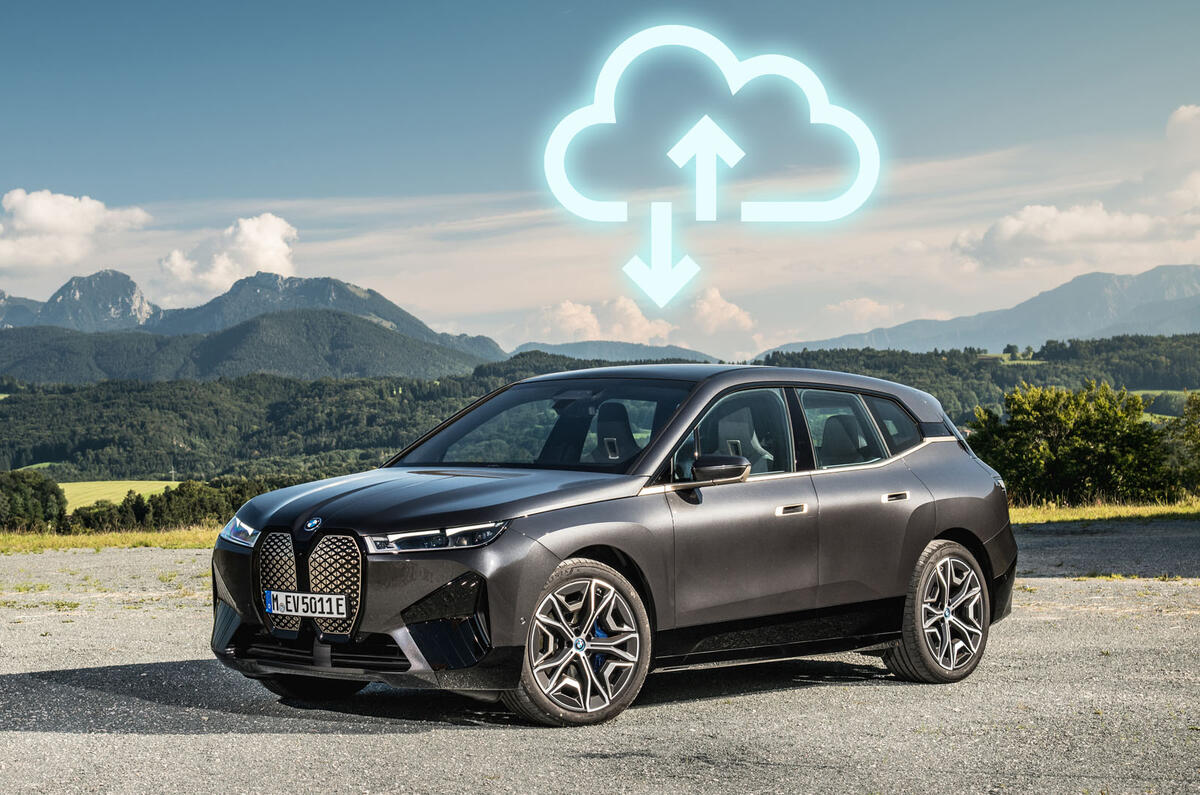Would all of the talk of fully networked cars be attracting so much investment, I wonder, if there wasn’t money to be made out of it?
Cars that talk to each other, sharing information on hazards or accidents on the road ahead, sound like a very virtuous thing; much as they often irritate the hell out of road testers like me, and many who loathe distractions while at the wheel. The point is, if the technology in question has cost money to develop and fit, and it’s not counting towards a better crash test score or compliance with some new safety standard, it’s got to pay its way somehow.




Add your comment